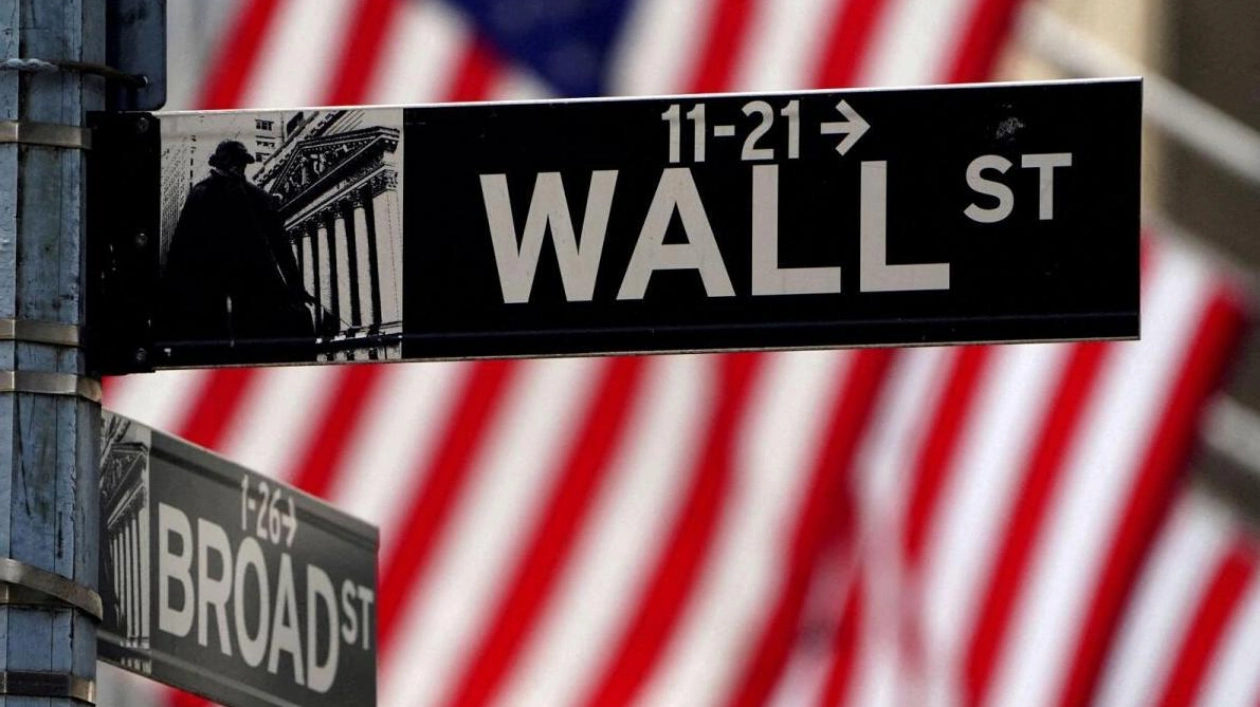Wall Street is bracing for a potential impact on corporate earnings and the stock market if Democratic presidential candidate Kamala Harris secures victory in November and implements her promised tax increases. Tax policy has become a focal point for investors ahead of the Nov. 5 election. Republican candidate and former President Donald Trump and Harris, who are set to debate on Tuesday night, are currently in a statistical tie. Wealth advisers report that they have been inundated with inquiries from investors seeking guidance on how to prepare for possible changes.
"Tax policy is a major concern for investors," stated Yung-Yu Ma, chief investment officer of BMO U.S. Wealth Management, which has been receiving queries from clients nationwide about potential tax hikes. "Tax policy is a central issue in this election." For Wall Street, the primary focus is on corporate earnings and capital gains taxes. Trump reduced the corporate tax rate to 21% from 35% during his presidency and recently expressed support for lowering it to 15% for companies that manufacture their products in the U.S. In contrast, Harris outlined plans last month to raise the corporate tax rate to 28% from 21%, aiming to ensure that "big corporations pay their fair share," as they often pay a lower tax rate than teachers, nurses, and firefighters.
Goldman Sachs analysts noted in a recent report that at Harris' proposed 28% rate, earnings of S&P 500 companies would decline by 5%, while Trump's suggested cut would boost earnings by approximately 4%. Ma emphasized that higher taxes would result in lower corporate profits and reduced stock valuations. "Essentially, there is a likelihood of a significant pullback in the stock market due to higher taxes," Ma explained. The winner of the election will still require congressional approval for any tax law changes. Trump's campaign criticized Harris' tax plan as including a substantial tax hike that would contribute to the national debt, without commenting on how Trump's plan would affect the deficit. The Harris campaign did not respond to requests for comment.
In a memo reviewed by Reuters, Brian Nelson, the Harris campaign's senior policy advisor, argued that Trump's proposal would provide "massive tax windfalls" to "billionaires and big corporations." Another investor concern is that Harris' proposed increase in the capital gains tax, which applies to profits from selling an asset held for more than a year, would diminish clients' net gains. Harris suggested raising the capital gains rate for individuals earning above $1 million to 28%, lower than President Joe Biden's proposed rate of 39.6%. Trump has not announced any plans to alter the current maximum rate of 20%.
"In terms of government revenue, capital gains tax hikes have historically underperformed," said Brian Gardner, chief Washington policy strategist at investment bank Stifel. "However, it would be a broad negative for the market. The exact impact is difficult to predict." Morgan Stanley noted in a recent report that the correlation between capital gains taxes and stock market performance is statistically insignificant, but the tax debate could cause volatility in equity markets in the near term. If capital gains taxes rise significantly, investors are likely to adopt more aggressive tax-minimizing trading strategies, according to a wealth management executive at a large bank who requested anonymity.
A Trump presidency is viewed by the market as potentially stoking inflation and increasing the U.S. federal budget deficit, leading to more Treasury debt issuance. "All models seem to indicate that Trump would increase deficits more than Harris," said Bruce Mehlman, partner at bipartisan government relations firm Mehlman Consulting. "Businesses and corporations prefer lower taxes, but there is a general recognition that a debt crisis is inevitable sooner or later." Goldman Sachs has suggested that the broader economy would benefit the most in the next two years if Democrats win the White House and Congress. New federal government spending and expanded middle-income tax credits would more than offset the lower investment caused by higher corporate tax rates, according to the firm.
Economic output is expected to decline next year under a Republican administration, primarily due to Trump's proposals for higher import tariffs and stricter immigration policies, according to Goldman. Next year, parts of the Tax Cuts and Jobs Act, signed by Trump in 2018, are set to expire. The act reduced taxes for both corporations and individuals, but the wealthiest households and large businesses benefited disproportionately. Trump intends to extend these cuts and has floated the idea of replacing personal income taxes with tariffs. Harris has stated that she would maintain the tax cuts only for those earning less than $400,000 a year.
"The current tax law's expiration at the end of next year is at the heart of many questions we're receiving from clients," said Nicole Webb, senior vice president at financial planning firm Wealth Enhancement. "It's a top concern for many people."






